Read
-

The Peripheral
Finished
-

When I Was You
Finished
It’s fine. Nothing special. And the very end of the book drives home how it’s full of things that take you out of it and feel like author interference.
-
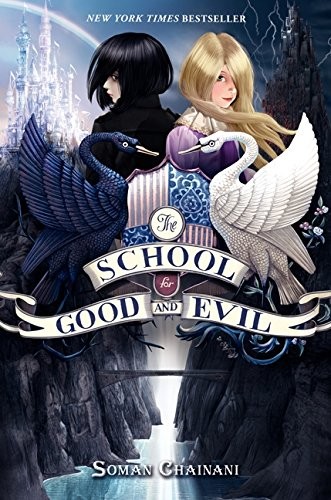
The School for Good and Evil
Finished
-

Such a Quiet Place
Finished
By the end I really liked this but the arc is kind of weird: it feels like it’s still getting started and then very quickly it resolves and is over.
-

On a Quiet Street
Finished
Most of my feelings about this one are wrapped up in how it ended. Spoilers are not specific but will tell you what to expect from the ending so read at your own risk.
It’s tough to read a lot of this book because it’s a lot of people being relentlessly cruel to each other and a lot of “they don’t know what we know” frustration, but while I spent a portion of the book worrying that this would be one of those “everybody loses” kind of dark reads, it wasn’t, and because the ending was satisfying, I ended up liking the book. -
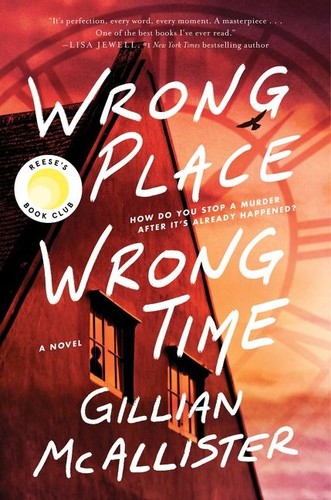
Wrong Place Wrong Time
Finished
-
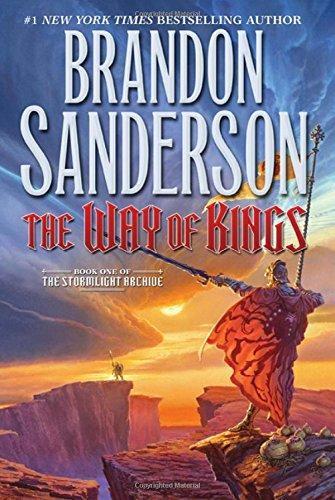
The Way of Kings
Finished
It takes a long time to get interesting, but I’m interested enough that I’ll pick up the next. It still feels a bit devoid of character, even with some big bombs near the end that seem like they should be shocking. But there’s enough in there to keep me intrigued.
-
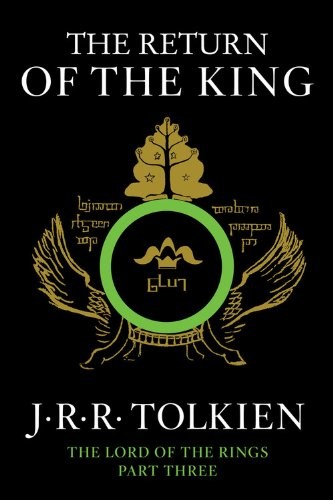
The Return of the King
Finished
-
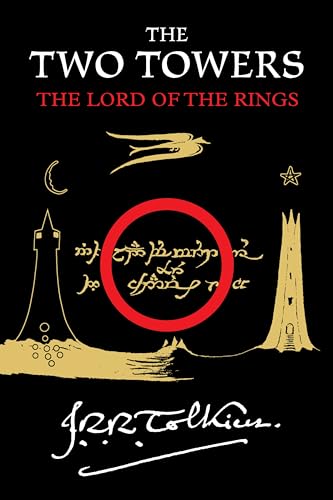
The Two Towers
Finished
-
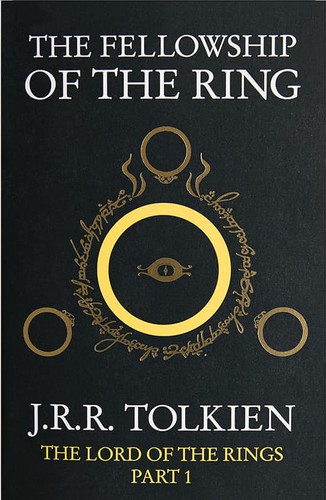
The Fellowship of the Ring
Finished
-
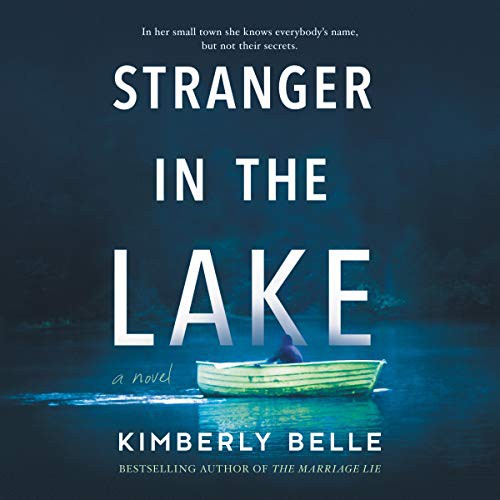
Stranger in the Lake
Finished
-
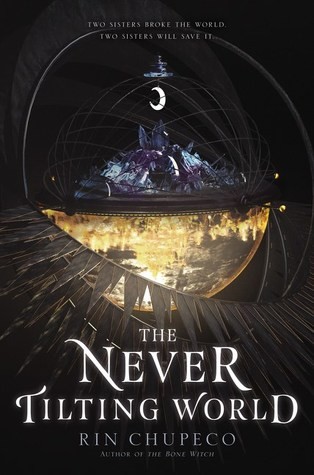
The Never Tilting World
Finished
-
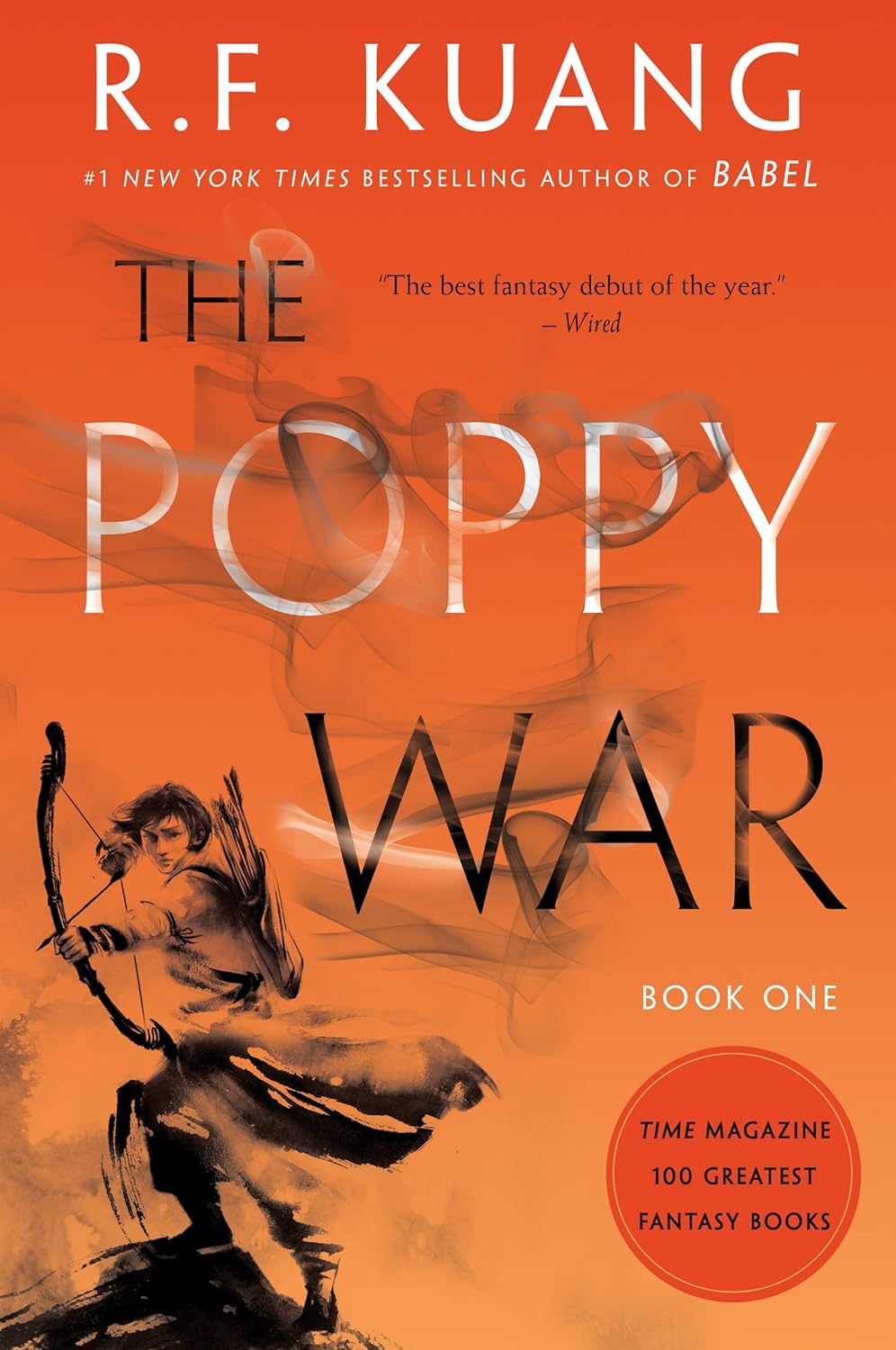
The Poppy War
Finished
-
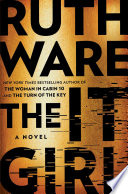
The It Girl
Finished
-
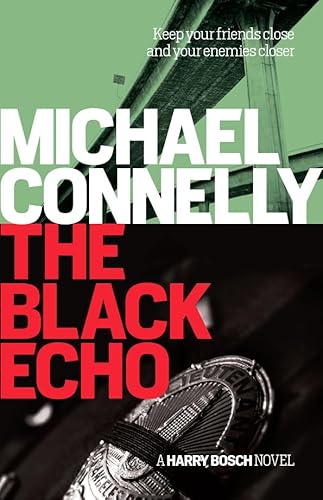
The Black Echo
Finished
Bad copaganda. IA as cartoonish bad guy, right down to cartoonish names. I’m sure it’s a product of its time. It could be worse, I suppose.